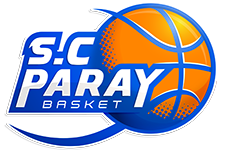A well-organized meeting of your board of directors will enable you to make informed and ethical decisions. The board should be able to scrutinize documents, discuss discussions and come to a consensus on complex issues. The meeting needs to be properly documented, allowing for future reference and conformance. The process might be difficult to navigate, but it is important that the board makes the most of their time and resources.
Board work can be exhilarating and exhausting. To keep meetings productive, it is important to avoid these common pitfalls.
1. Recalling discussion points from the previous meeting
Reliving the discussions of the previous board meeting board directors’ meetings will take up time and distract you from the most important agenda items. Distractions from discussions on new topics can hinder you from meeting the board’s goals for the meeting. If you must discuss a topic not initially on the agenda with the group, be prepared to keep it in the discussion until conclusion. The group can then go over the topic again and decide whether to add it to the next agenda item, delegate an assignment, or study the topic further.
2. Sharing too many details
Board members should be well-informed. However, the board’s agenda should be designed to can foster constructive discussion and provoke questions, and not function as a comprehensive exposition of every bit of information available for the board’s review. It may sound a bit like playing pre-school teacher, but it allows the board to focus on the most crucial decisions, and also ensures that they’re dealing with the issues at a time when their decision-making powers are at their highest.
